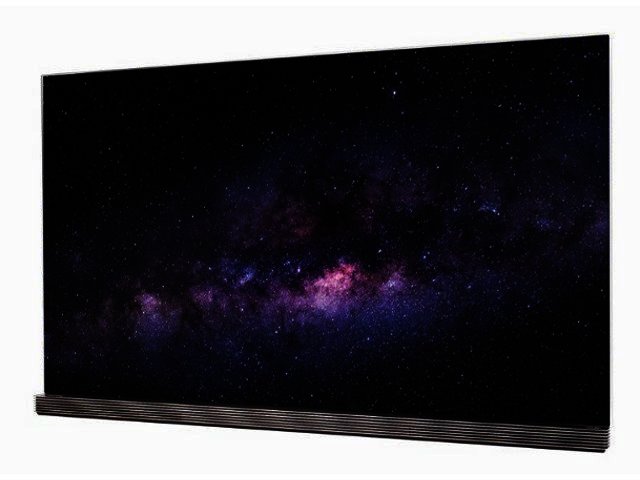There are exciting, new technologies on the horizon, promising to change the face of gaming forever. 4K gaming, for one, promises incredibly detailed visuals. But with so many 4K TVs already on the market, and carrying hefty price tags, how do you decide which is the right one for you?
Two of the most exciting, upcoming gaming technologies have to be virtual reality (VR) and 4K gaming. Now, VR is easy - You connect your preferred headset to its intended platform and you’re immediately transported to a world so real, you’d be tempted to reach out and touch it. However, 4K is an altogether more confusing endeavour. While the average consumer might conclude that all 4K TVs are equal, you, the discerning gamer, know that some are more equal than others – each with their own specifications and features. How do you choose the best 4k screen for your gaming experience then?
If the size of a TV is a given (the bigger the better), then there are only three specifications you need to concern yourself with when selecting the right 4K TV; HDR, colour and response time. The even better news is that there’s one range of TVs that out performs in all three categories. LG’s range of OLED 4K TV s will easily run away with every category. So, what are they?
To HDR or not to HDR
HDR (or High Dynamic Range) might not be the first thing that comes to mind when purchasing a 4K TV, but it would be a grave mistake to miss out on. HDR significantly expands the colour, contrast, and brightness of a TV utilising it, which means incredibly realistic graphics.
Simply put, the shift to HDR is a potentially even bigger leap in image quality than the jump to HD was. Accept no imitations or substitutes.
Colour accuracy
The better a TV is at recreating accurate colours, the better the image quality. The key to getting this right is producing true black. Think about anytime you’ve seen the night’s sky on TV. On most TVs, the black of the night’s sky will look like a dark blue, and the light of the stars will bleed into the sky around them. True black remedies that, even making standard images seem as impressive as HDR ones.
Taking it one step further, screens that aren’t able to produce dark blacks don’t do justice to those insane HDR graphics. That’s because the same light that bled into the night’s sky will affect the increased colour of HDR and create an overly bright, unappealing image. What you want is a self-emitting pixel display, like an OLED screen, eliminating the problem completely.
Response time
This is fairly easy to explain: the slower the response time, the longer the delay between you pushing a button and the game reacting. And that means the dreaded input lag. Competitive gamers, you will want a screen that offers the fastest possible response time. For everyone else, a response time between 30 and 60ms will do just fine.
By checking all three of these boxes, you’re ensuring you get the best possible 4K gaming experience. After all, a 4K TV requires a sizeable investment, so you’ll want a TV that creates the best possible visual experience for the money. Sounds like it’s time to add an OLED 4K TV, like the LG OLED 4K TV range, to your shopping list.
This month's business articles sponsored by:






